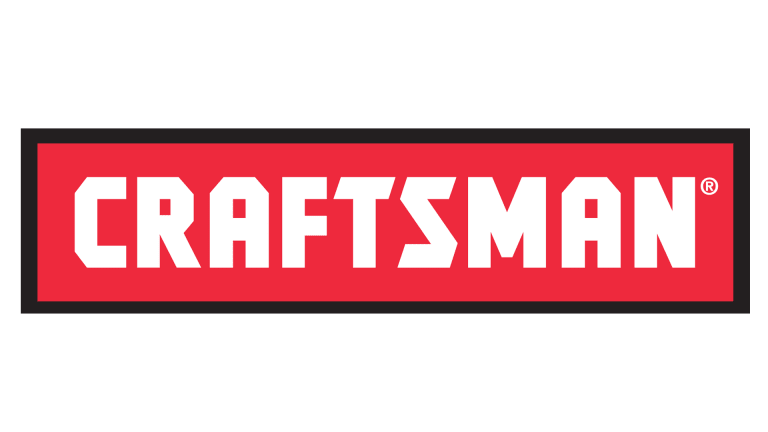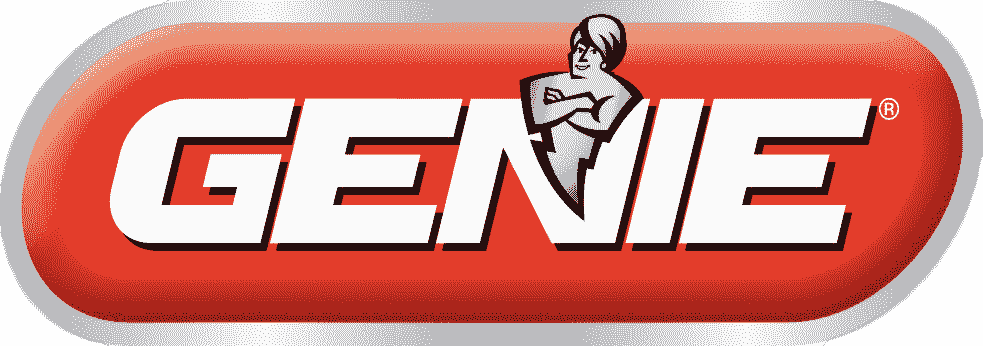- Beyond the Coop: Assessing the Fairness & Potential £20,000 Payouts of the Chicken Road game legitimacy.
- Understanding the Core Gameplay of Chicken Road
- The Role of Risk and Reward in Different Difficulty Levels
- Analyzing the RTP and Fairness of Chicken Road
- Maximizing Potential Payouts: Strategies and Considerations
Beyond the Coop: Assessing the Fairness & Potential £20,000 Payouts of the Chicken Road game legitimacy.
The world of online casino games is constantly evolving, with new and innovative titles appearing frequently. Among these, “Chicken Road” has gained considerable attention, sparking questions about its legitimacy and potential for substantial payouts. Many players are asking: is chicken road game legit? This game distinguishes itself with a unique mechanic and a reported maximum win potential of up to £20,000. However, understanding the underlying mechanics, risk factors, and the game’s Return to Player percentage (RTP) are crucial for any potential player. This article provides a comprehensive analysis of Chicken Road, examining its functionality, fairness, and the probability of hitting those impressive win amounts, aiming to equip players with the knowledge they need to make informed decisions.
Understanding the Core Gameplay of Chicken Road
Chicken Road is a crash-style game, meaning the win multiplier increases over time, and players can cash out at any moment. The central theme revolves around a chicken navigating a series of lines, with the multiplier growing with each step taken. The game offers four difficulty levels: Easy, Medium, Hard, and Hardcore, each with a varying number of lines and associated risk. The primary appeal lies in its simplicity and the inherent excitement of potentially winning big with each round. Players place a bet and decide when to cash out before the chicken crashes, subsequently losing their stake. Determining the optimal timing for cashing out is paramount to success, requiring a balance between risk tolerance and potential reward.
The volatility of Chicken Road stems from its ‘crash’ mechanic. Unlike traditional slot games with fixed paylines and spinning reels, the outcome depends on an escalating multiplier combined with the random point at which the game ends. This creates a high-stakes environment where quick decision making is vital. Players aren’t competing against the house in the traditional sense, but rather against the inherent probabilistic nature of the game. The ability to cash out at any moment offers a level of control rarely seen in other casino titles. This feature alone has contributed to its growing popularity among players seeking a dynamic and engaging gaming experience.
| Easy | 25 | 1/25 |
| Medium | 22 | 3/25 |
| Hard | 20 | 5/25 |
| Hardcore | 15 | 10/25 |
The Role of Risk and Reward in Different Difficulty Levels
The four difficulty levels in Chicken Road offer a tiered approach to risk and potential reward. Easy mode, with its 25 lines, provides the lowest risk but also the smallest multiplier potential. Hardcore mode, conversely, features only 15 lines, creating a significantly higher risk of crashing early but offering the chance to reach substantially larger multipliers. Players must carefully assess their risk tolerance and bankroll management skills before selecting a difficulty level. A conservative player may prefer Easy or Medium, aiming for consistent, albeit smaller, wins, whereas a more daring player might opt for Hard or Hardcore seeking that life-altering £20,000 payout.
The risk/reward profile isn’t solely determined by the number of lines. The multiplier at which a player chooses to cash out is equally important. Even on Easy mode, attempting to reach a very high multiplier carries a considerable risk. Conversely, cashing out at relatively low multipliers on Hardcore mode can minimize risk but also reduce potential gains. The strategic element encourages players to develop their own approaches, leading to diverse gameplay styles. Understanding the relationship between the difficulty, multiplier and cash out strategy proves pivotal to building a successful game plan.
- Easy Mode: Suitable for beginners or those preferring low-volatility gaming.
- Medium Mode: A balanced option for moderate risk-takers.
- Hard Mode: Offers a considerable challenge with a higher reward potential.
- Hardcore Mode: Reserved for seasoned players seeking maximum thrills and rewards.
Analyzing the RTP and Fairness of Chicken Road
The stated Return to Player (RTP) percentage for Chicken Road is 98%. RTP is a theoretical metric indicating the percentage of all wagered money that a game will pay back to players over a long period of time. An RTP of 98% is comparatively high, positioning Chicken Road as a generous game relative to many other online casino offerings. However, it’s important to remember that RTP is a long-term average. In the short term, individual players may experience significant variations from the stated RTP. A high RTP does not guarantee consistent wins, but it does suggest that, over time, the game is designed to return a substantial portion of wagers.
Fairness is a primary concern for any online casino game. While the game utilizes a random number generator (RNG) to determine the crash point, commonly the integrity of such RNGs are often verified by independent auditing companies. These audits ensure that the RNG is truly random and not manipulated to favor the house. The lack of transparency regarding independent auditing raises some questions. Players should carefully investigate the reputation of the platform hosting the game and any available information regarding fairness certification before investing their finances. The use of provably fair technology could further enhance trust in the game’s integrity.
- Look for platforms with clear licensing and regulation.
- Verify whether the RNG is independently audited.
- Manage your bankroll responsibly.
- Understand the risks associated with high-volatility games.
Maximizing Potential Payouts: Strategies and Considerations
While Chicken Road incorporates a significant element of chance, players can employ certain strategies to potentially maximize their winnings. A popular technique involves auto-cashout settings, allowing players to predefine a multiplier at which their bet will automatically be settled. This is particularly useful for higher difficulty levels where reaction time is critical. Another approach is to utilize a Martingale strategy, doubling your bet after each loss, in the hope of recouping previous losses with a single win. However, the Martingale strategy comes with the inherent risk of quickly depleting your bankroll, so it should be used with extreme caution.
Successfully playing Chicken Road demands a disciplined approach and an understanding of probability. Chasing losses can be detrimental, and it is important to set realistic win and loss limits. Diversifying your bets across multiple rounds and difficulty levels can also reduce risk. Remembering that even with a 98% RTP, the game still relies on chance, and there is no guarantee of profit. Responsible gambling practices are crucial: never bet more than you can afford to lose, treat the game as a form of entertainment, and be mindful of the potential for addiction.
| Auto-Cashout | Low to Medium | Consistent wins with moderate multipliers |
| Martingale | High | Potential for rapid recoupment of losses, but with high risk |
| Diversified Betting | Medium | Reduced overall risk by spreading bets across multiple rounds and levels |






